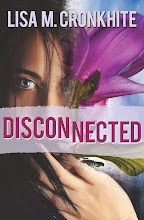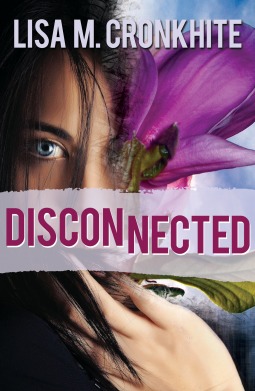Every writer is different, so I’m only speaking from my
own experience as a YA mystery writer.
Thinking about the protagonist first might be a better
idea, then thinking about the plot. I see mysteries being more character-driven
than anything. Now, some people may disagree, but if you have a character that
is driven to find out what happened, chances are you have a strong active
character. In a mystery the main character has to be that amateur sleuth,
actively searching out answers to the crime. The story should unravel at a
suspenseful pace, not too slow and not too fast. You’ll need to find the right
tempo for your novel. Don’t rush it either, then you might fizzle out before
the story even really starts to begin.
So first what I do is focus on the main lead. Who’s going
to take me on this journey of investigation. Clues and hints and foreshadowing,
and of course cliffhangers too, are all great components of having a mystery
novel. Everything should connect when
the reveal time comes so it isn’t a total surprise that nothing quite fits. Having twists and turns are great, but those
twists and turns will need to lead to a solid conclusion. Unless you’re writing
a series and you’d like to keep it open.
There are of course open-ended standalone novels, which you can also
do. It’s whatever the story yearns for.
Go with your gut every time. If you listen to everyone’s advice, your story
will get too off track from the original core idea. Sometimes too many ideas is
just not a good idea.
For a young adult novel, the protagonist should be
between 13 to 18. You’ll see this differs from publisher to publisher, but it’s
roughly around those ages.
You need a crime, someone goes missing, somebody winds up
dead. The main character gets kidnapped.
Whatever endless crimes you can think of, pick whatever interests you
most.
Planning and plotting.
Premeditate your novel. Have fun with it. Think about it as much as you want and just indulge
in the idea for a while, as if it were a movie your mind. And when there’s a great idea that you have,
write it down. That’s how it all starts, when you write it out. Plotting only goes so far. Sometimes writing it out and following along
with the character, you can figure out the crime together. Outlines work, but
not always. Sometimes writing an outline, you lose steam in writing the actual
novel. So remember to leave room for more and always keep an open mind.
I don’t think you should truly know the ending of your
book until it’s completely over. Try to think of all the scenarios that you
can, questioning all aspects. Again, make
sure your character is active in the detective roll. Don’t just let it all
happen and fall into their laps. They
need to play an active role in figuring out the crime themselves.
Red herrings. The suspects in a mystery play a major role
in figuring out who done it. You shouldn’t have too many the reader will get
lost in who everyone is. I usually like to keep it to around 3 to 5. Now that
might sound like a lot, or not enough. Again, go with your gut. Read a lot of
other YA mysteries and see how they set it up. And then put your own spin on
it. Don’t follow a trend, be one. Write
for yourself, first and foremost. Don’t worry about the targeted audience or
who else is going to read it. Be secretive about it, like you’re conspiring a
plan of some kind. I highly recommend getting your first few chapters
critiqued, just so you know if you’re going in the right direction.
When you’ve written a full length manuscript (usually
between 40,000 and 90,000 words) you will need to revise. And maybe revise several more times after
that too. I highly recommend getting a beta to read your work. There’s writing
forums such as Absolute Write to help you connect with someone to swap stories
with. It’s free and very rewarding,
critiquing others and getting critiques on your own work too. It will help you grow as a writer.
Hopefully some of this information will be helpful to you
when writing your YA mystery novel. Above anything else, always remember to
have fun with it! Happy writing everyone!

